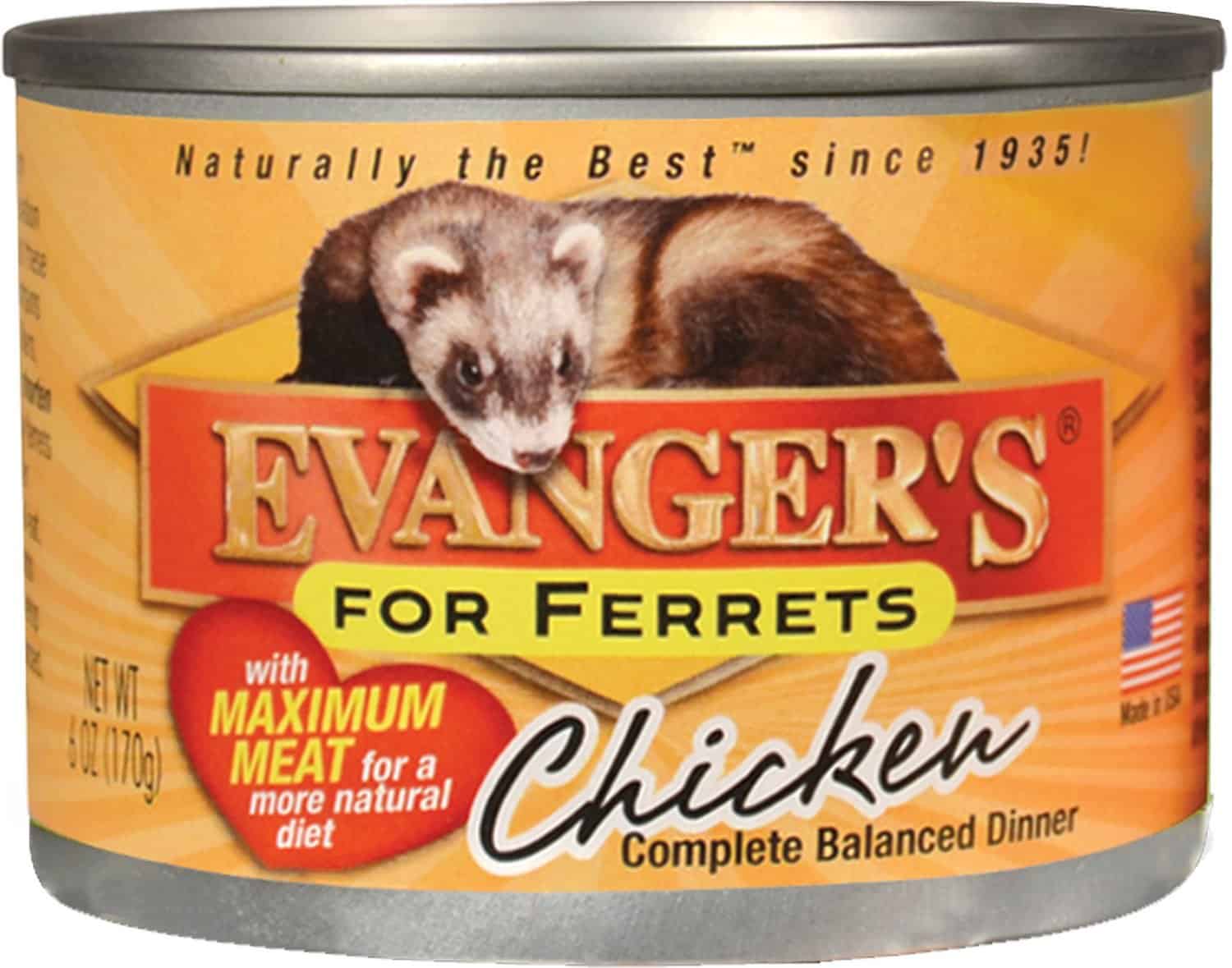
Senior ferret food can help your pet live a long and healthy life. This special diet is formulated with 38% fresh meat protein and 18% meat fat for easy digestion and excellent palatability. Its formula was developed by nutritionists and veterinarians, and features the right balance of essential amino acids.
Contents
Choosing a food for your ferret
When it comes to feeding your senior ferret, you want to choose a food that’s right for their unique needs. Whether your ferret is a youngster or an elderly adult, the right food can make a big difference in their overall health and longevity. Here are some tips to help you select the best food for your pet.
Ferrets need to eat at least twice a day. They have short digestive systems and need to consume small meals frequently. Because of this, it’s important to provide fresh food and plenty of fresh water throughout the day. If your ferret starts to show signs of being overweight, you should consult your vet. Most likely, the best solution is increased exercise and proper diet.
Choosing a treat for your ferret
When it comes to feeding your senior ferret, the most important thing is to provide the right nutrition. Senior ferrets may develop dental problems, or lose some teeth, making it difficult for them to chew. They may also have vision or hearing issues. This means that you should check them regularly. If you notice any of these changes, you should seek immediate veterinary attention.
Senior ferrets are more prone to skin changes and hairballs, so it’s important to give them plenty of fat and protein in their diet. Additionally, their nails may become thin and difficult to clean. To help your senior ferret avoid these problems, increase grooming sessions and gradually increase fatty acids in their diet. You should also look for other signs of age, such as hardened foot pads and nails.
Changing your ferret’s diet
If your senior ferret is overweight or underweight, you should consider changing his or her diet. You should be careful to introduce a new food slowly and gradually increase his or her intake over a period of several weeks. You should consult with a veterinarian to help you with the transition. They are trained in treating ferrets and will be able to make recommendations on the right diet for your pet.
Changing your senior ferret’s food may not be as easy as you might think. Ferrets can be very finicky eaters, and a sudden change in their diet can upset their digestive system. To minimize digestive upset, try to introduce new foods gradually. It’s also helpful to consult a veterinarian about any concerns about food.
Geriatric diseases in ferrets
While ferrets tend to live long, they may start to show signs of aging and geriatric disease. The first signs may be subtle, such as a decreased appetite or sleeping more than usual. They may also be less active or seem less playful, and they may not respond to your touch as much. This type of disease requires special care.
Some of these diseases are caused by viral infections. This means that a ferret’s immune system is more vulnerable to these viruses. Because ferrets’ respiratory tracts are similar to those of humans, ferrets are a good model animal for studying respiratory viruses.
Feeding a senior ferret
It is very important to understand your ferret’s health and adjust his diet accordingly. Older ferrets may develop a variety of diseases, including dental problems and hearing and vision issues. They also may become finicky about food. These can be warning signs of an underlying medical condition. You should monitor your pet carefully for any changes in behavior.
Senior ferrets often experience changes in fur, skin, and claws. You can prevent or slow the deterioration of these symptoms by increasing the amount of fat in your ferret’s diet. However, you should consult a vet first before changing your ferret’s diet. You can also rub a small amount of oil on the paw pads of your ferret, but be careful not to overdo it.




